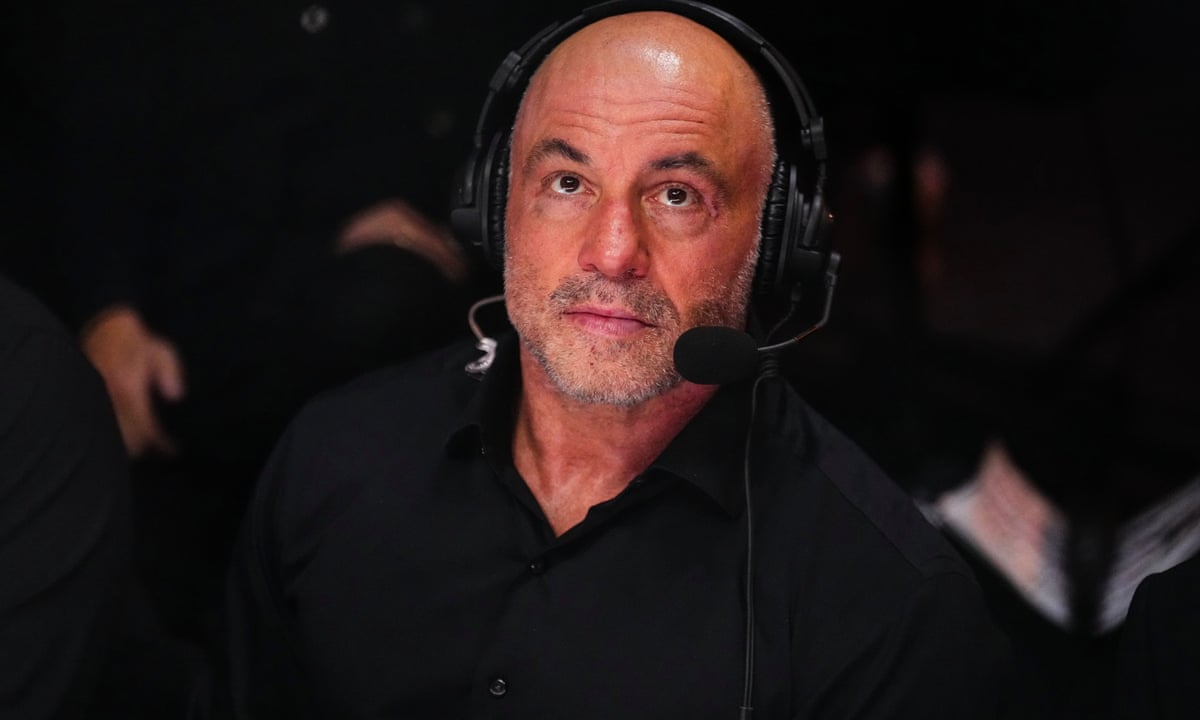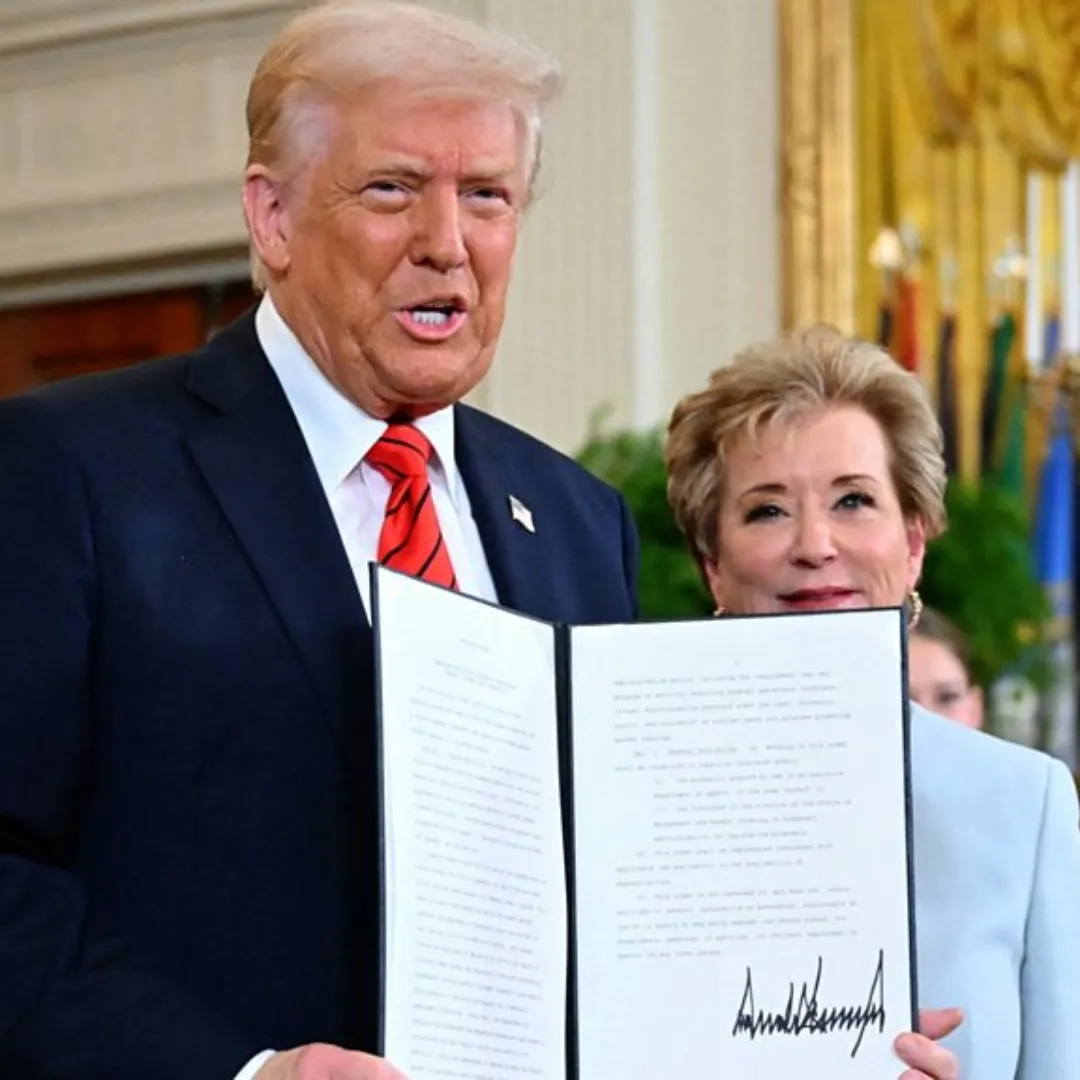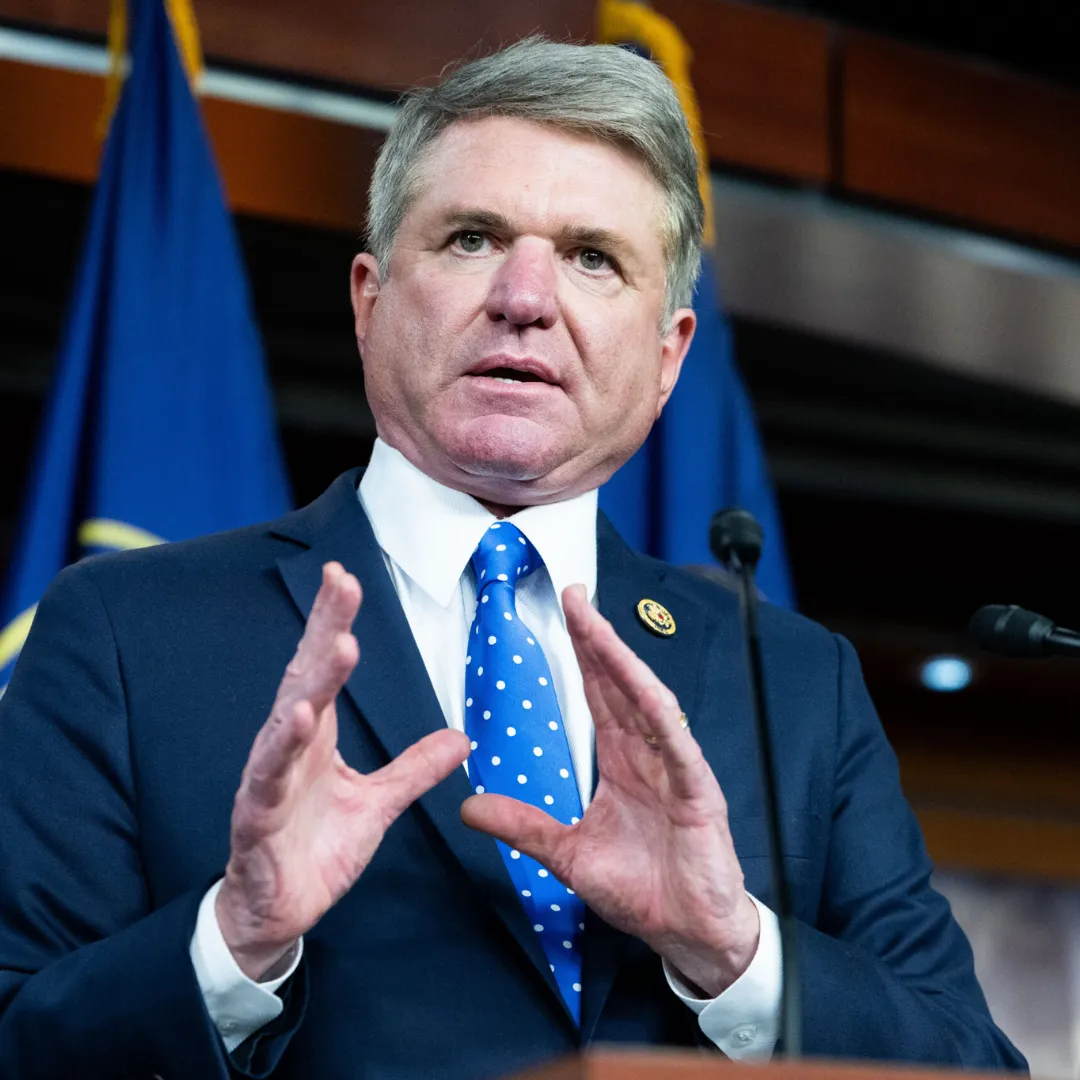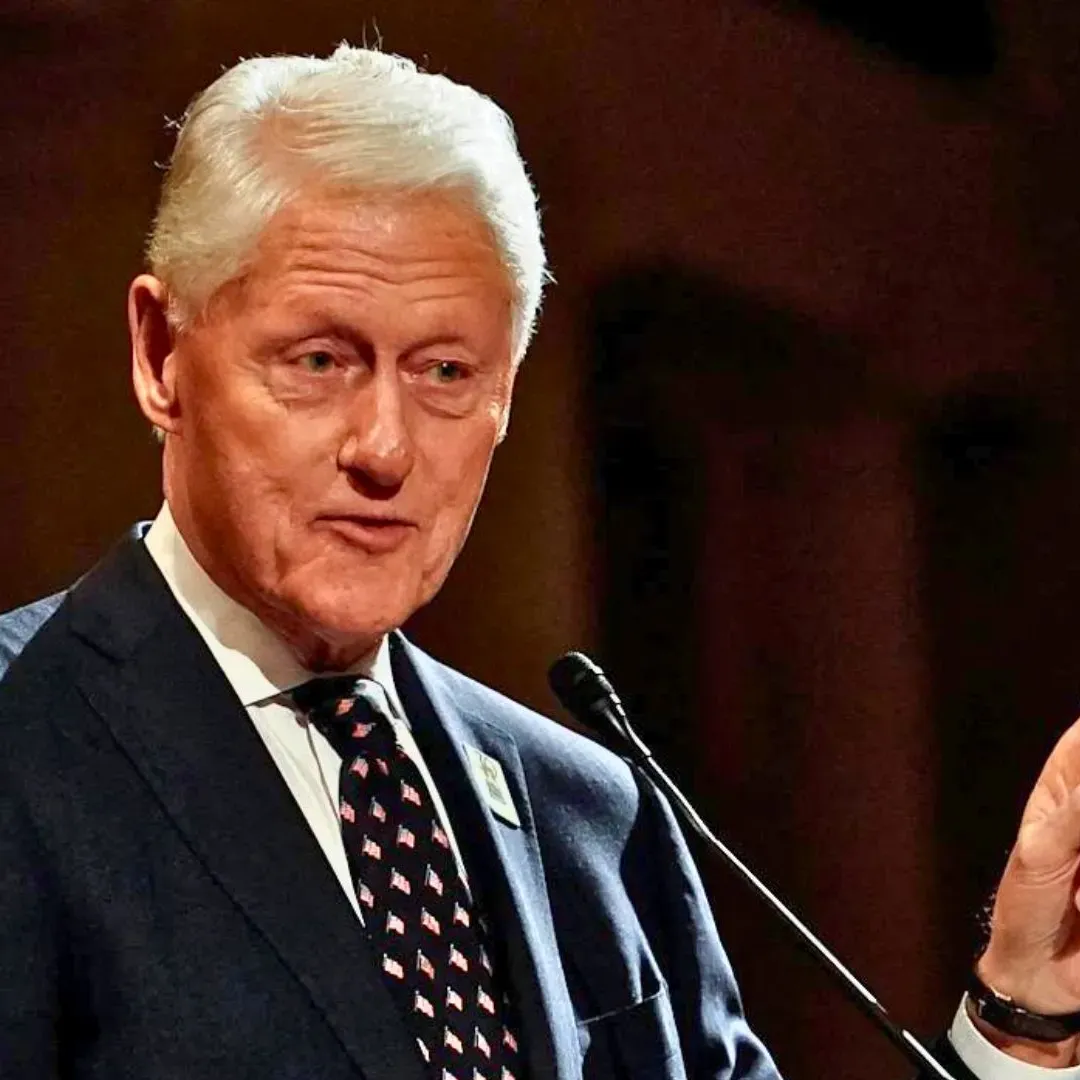
Joe Rogan, the popular podcast host of The Joe Rogan Experience, made waves over the weekend after expressing concern about the U.S. government’s approach to deportations, particularly the controversial case of Kilmar Abrego Garcia. In a conversation with comedian Deric Poston, Rogan cautioned against sacrificing due process in the name of fighting crime, warning that such actions could lead the U.S. down a dangerous path.
Kilmar Abrego Garcia, a suspected gang member, was deported without formal charges or a trial, which sparked outrage among critics who argued that this action represented a severe breach of constitutional rights. Rogan voiced his concerns about this case, referring to it as a reflection of a broader trend that he sees as a dangerous over-correction in response to rising crime and illegal immigration.
While he did not directly name former President Donald Trump, Rogan's comments appeared to take aim at policies from the Trump administration, which were often criticized for their tough stance on immigration and deportation.
"That is dangerous," Rogan said during the conversation, his voice filled with caution. "We got to be careful that we don't become monsters while we're fighting monsters."
The comment resonated widely, as Rogan has typically been aligned with conservative and libertarian views, particularly on issues related to law enforcement, immigration, and government overreach. His shift toward questioning certain deportation tactics, however, caught many by surprise.
The clip from Rogan’s podcast went viral over the Easter weekend, sparking an unexpected wave of praise from critics of Trump’s immigration policies. Social media users seized on the phrase "even Joe Rogan" to underscore the shock that the outspoken commentator was now raising concerns typically associated with progressive or centrist viewpoints. In doing so, they highlighted that concerns over due process and civil liberties are not strictly partisan issues.
Rogan’s critique of the situation centered around the potential dangers of bypassing due process, which he argued is essential to maintaining justice in the country. By questioning the methods used in deporting individuals without trial, Rogan seemed to warn against setting a precedent that could be abused in the future, particularly under different leadership.
His comments reflect a broader concern about the erosion of civil liberties in the face of perceived national security threats or public safety concerns.
The response to Rogan’s statements, however, has been mixed. While many immigration advocates and civil liberties groups praised him for highlighting the dangers of removing legal safeguards, others took issue with parts of his conversation.
Specifically, some of his comments about immigrants and government aid sparked backlash, with critics accusing him of making overly generalized and xenophobic statements about immigrant communities. Rogan has long been criticized for comments he has made in the past about immigration and his stance on government assistance, and this episode was no different in that regard.
Despite these criticisms, the episode marked a rare moment where Rogan—whose podcast often serves as a platform for controversial conservative viewpoints—appeared to shift toward a more moderate stance on an issue that has deeply divided the nation.
His comments about deportations without due process raised important questions about the balance between security measures and constitutional rights, a question that has become increasingly relevant in the age of heightened immigration enforcement and national security concerns.
The controversy surrounding Garcia's deportation, as well as Rogan's comments, has sparked a larger conversation about the limits of government power, especially in the context of immigration enforcement.
Critics argue that by stripping individuals of their basic rights to a fair trial and due process, the U.S. is setting a dangerous precedent that could lead to widespread abuses. This debate underscores the ongoing tension between upholding individual rights and addressing issues related to crime and immigration.
Rogan’s comments come at a time when the debate over immigration and deportation policies remains a heated topic in American politics. The Trump administration’s tough-on-immigration approach was one of the most polarizing aspects of his presidency, and its legacy continues to shape the discourse surrounding immigration reform.
Many of the policies introduced under Trump, including the increased deportation of undocumented individuals, have faced ongoing legal challenges, and the issue of due process remains a critical point of contention.
Rogan's remarks about not becoming "monsters" while fighting "monsters" also seem to echo a broader concern about the potential moral consequences of pursuing aggressive law enforcement strategies without proper checks and balances.

As the U.S. continues to grapple with issues of immigration, criminal justice, and civil liberties, Rogan’s comments serve as a reminder of the need for vigilance in preserving due process rights, even in the face of national security concerns or public pressure to act swiftly.
While Rogan’s comments may have surprised some of his more conservative followers, they reflect a nuanced understanding of the complexities involved in balancing national security with civil rights. His ability to challenge his own ideological leanings on such an important issue shows the potential for productive dialogue and cross-partisan collaboration on issues that are often seen as divisive.
The broader conversation sparked by Rogan’s remarks highlights that concerns about civil liberties, due process, and the treatment of immigrants are not limited to one political party or ideology.
As debates over immigration and law enforcement continue to unfold, it remains to be seen whether Rogan’s call for caution in the face of rising crime will resonate with others, and whether it will lead to a more thoughtful and balanced approach to policy decisions that affect the most vulnerable members of society.
In the end, Rogan's comments may serve as an important reminder that, while the fight against crime and illegal immigration is important, it is equally crucial to uphold the principles of fairness, justice, and due process. As the nation continues to navigate these complex issues, the hope is that discussions like this one will lead to more thoughtful and compassionate policies that respect both the rule of law and the rights of individuals.




